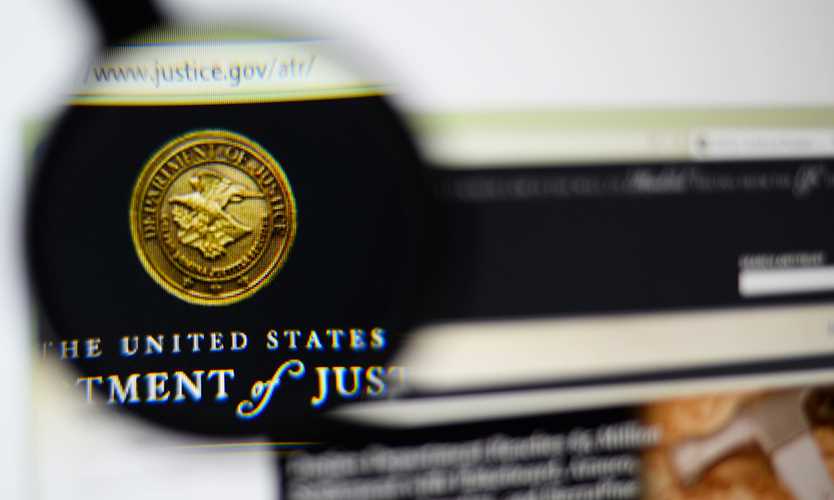Court reinstates whistleblower suit against pharmacy firm
Reprints
A federal appeals court has overturned a lower court ruling and reinstated a whistleblower suit filed against a pharmacy firm under the False Claims Act, stating the plaintiff had not relied solely on publicly available material.
A key focus of Tuesday’s ruling by the 3rd U.S. Circuit Court of Appeals in Philadelphia in United States of America et al. v. Omnicare Inc. et al. is the practice of “swapping.”
Marc Silver had alleged in his whistleblower lawsuit that Louisville, Kentucky-based PharMerica Corp., which owns and operates institutional pharmacies serving nursing homes, had unlawfully discounted prices for nursing homes’ Medicare Part A patients, which are reimbursed by the United States to the nursing home on a flat per-diem basis, in order to secure contracts to supply services to patients covered by Medicare Part D and Medicaid, which are reimbursed directly to the pharmacy by the government on a cost basis, in the same nursing homes.
The ruling explained that because the nursing home bears the financial risk for the amount of drugs dispensed to their Part A patients, they are motivated to negotiate with pharmacies for the lowest possible drug prices for those patients.
“In contrast, nursing homes are less concerned about the cost of drugs dispensed to Medicaid and Part D patients, because the pharmacies collect those payments directly from Medicaid programs or for Part D prescription drug plan sponsors; the nursing homes bear no financial risk.”
The U.S. District Court in Camden, New Jersey, had dismissed Mr. Silver’s whistleblower lawsuit against PharMerica, agreeing with the firm that the alleged fraud had already been disclosed in public documents, and he was therefore barred under the FCA from pursuing his claim.
A unanimous three-judge appeals court panel overturned that ruling. The public documents at issue do not “disclose the fraudulent transactions that Silver alleges, not least of which because the documents do not point to a specific fraudulent transaction directly attributable to PharMerica,” said the ruling.
“Rather, the documents merely indicate the possibility that such a fraud could be perpetrated in the nursing home industry, which is an allegation that would alone be insufficient to state a claim for fraud under the FCA” and the federal rule of civil procedure.
“Silver’s more concrete claim, which set out specific facts suggesting that PharMerica in particular was actually engaged in swapping, relied upon these general disclosures, but could not have been derived from them absent Silver’s addition of the non-public per-diem information,” said the ruling, in overrunning the lower court ruling and remanding the case for further proceedings.
A law firm analysis issued in January concluded the Trump administration is aggressively pursuing False Claims Act cases and is expected to continue to do so.
Read Next
-

Trump administration vigorously enforcing False Claims Act: Study
The Trump administration is aggressively pursuing False Claims Act cases and is expected to continue to do so, says a law firm analysis.